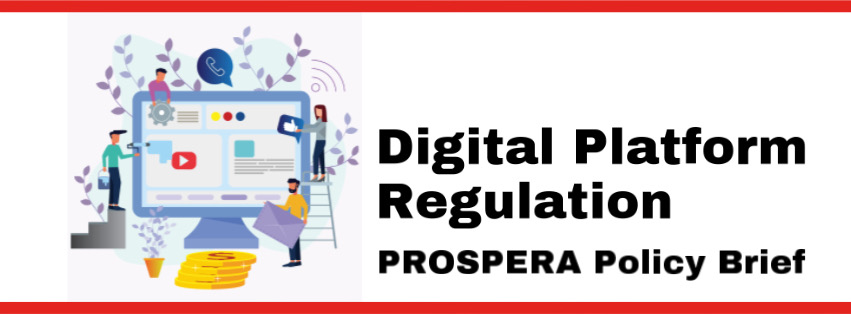The Parliament finished drafting its new competition law.

Following the discussion on amendment of Indonesia’s competition law, the Plenary Meeting on 28th April 2017, the Parliament has provided their approval to the draft law initiative by the Commission VI on the Draft Law on Prohibition of Monopoly Practices and Unfair Business Competition (New Competition Law) as the initiative under the Parliament. This said, the content of new competition law has been approved by the Parliament and will be sent to the President and Government to be further commented. Chair of the Force on Amendment, Mr. Azam Azman Natawijaya, explained that at least 7 (seven) new substances under the new competition law.
The first feature is to extend the definition of enterprise to be able to reach foreign enterprise outside of Indonesia without their domestic affiliation (effect doctrine). It is hoped that the law is able to reach anti-competitive behaviours in digital based business like e-commerce, e-procurement, e-payment, and other online platform based businesses.
The second feature is to change the merger notification regime from mandatory post merger notification to mandatory pre merger notification. The third feature is to change amount of the imposed penalties from maximum IDR 25 billion, to the percentage of their sales value. It proposed that, the penalty can vary from a minimum 5% to a maximum 30% of their sale in the period of infringement.
The fourth feature is the introduction of leniency program, as an effective strategy to eradicate cartel and other type of infringements in the long run. The fifth feature is to introduce provisions on abuse of superior bargaining position in the partnership. This serves as a legal instrument to implement the protection of business partnership among small and medium-sized and large-sized enterprises.
The sixth feature is to improve the effectiveness of enforcement activities by KPPU, as the draft law also rules about the authority of the competition agency to ask assistance from the National Police to apprehend un-cooperative enterprises. Moreover, the improve the effectiveness of competition agency’s decision, the draft law also put additional sanction on the withdrawal of business licenses by the enterprise who proved to violate the competition law. The requirements thereof, will be further regulated by a Government Regulation. The draft law also rules that any affirmed decision, should it not be implemented, will become a state receivable and the related ministry can collect it based on their applicable authority. Furthermore, the draft law also increased the compliance by allowing imprisonment for upto 6 (six) month jail time for those fail to comply with the investigation process.
The seventh feature deals with institutional strengthening, where the law will put the competition agency (along with its secretariat) to the available state structure and governance. This will enable the secretariat of competition agency to provide own support to budget management, which mainly comes from the state budget.
In respond to this progress, Chairman of KPPU, Syarkawi Rauf, remarks its appreciation to the performance shown by the Parliament in finishing the draft competition law.
“It represents the commitment by our Parliament to continuously safeguard our democracy for better people’s welfare”, stated Syarkawi.
The draft will then be discussed by the Government.
“We expect that the discussion by the Government will soon realized for providing legal certainty to our enterprises”, remarked Syarkawi.







